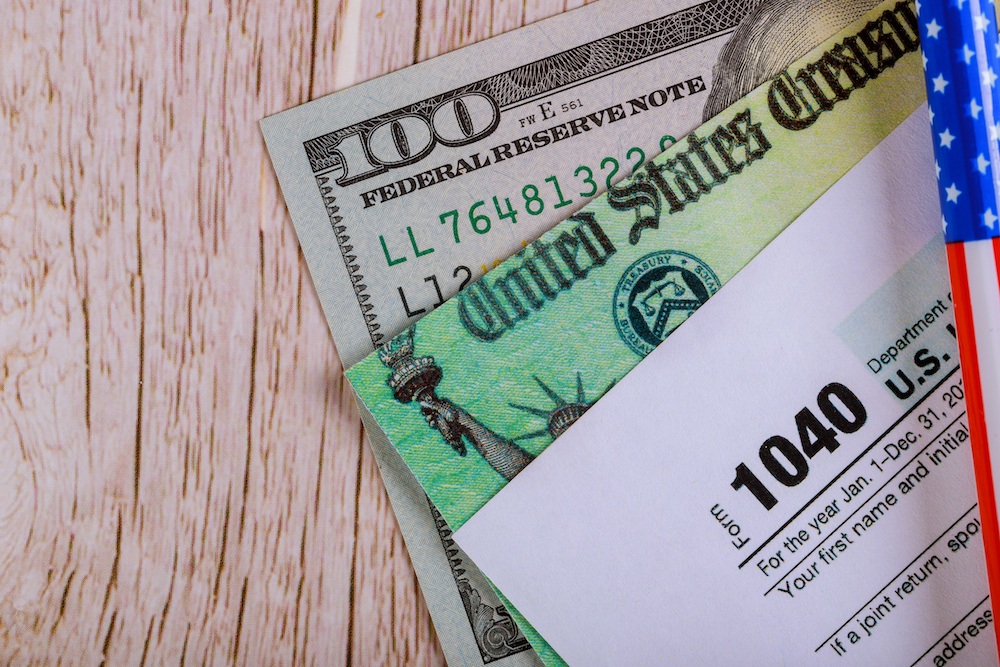Filing Tax Return is Necessary to Receive Individual Coronavirus Payments
Filers should sign up for direct deposit for faster payment
Washington—Senator Dianne Feinstein (D-Calif.) released the following statement on the upcoming direct payments to Americans that are part of the coronavirus response legislation signed into law today:
“Getting cash into the hands of Americans families will help them through this difficult time and help stabilize the economy. The legislation passed by Congress includes direct payments – up to $1,200 per adult and $500 per child – to help them get by during this pandemic.
“Anyone who filed a return for tax year 2018 or 2019 doesn’t need to do anything to receive the funds. They will automatically receive the appropriate amount based on the income in their latest tax return. Social Security recipients will also be automatically enrolled if they received benefits either year.
“However, individuals who didn’t file a return for 2018 or 2019 should file a return for the 2019 tax year now. When filing a return, you should also sign up for direct deposit to receive recovery payments as quickly as possible.
“Even if you don’t expect to receive a rebate or owe any taxes, filing a return is the only way to receive recovery funds.”
Frequently Asked Questions (compiled by Democratic committee staff):
Who qualifies to receive a check and how much will an individual receive?
Anyone who filed a tax return this year or last year. Individuals receive $1,200, married couples receive $2,400, and child dependents (under 17) receive $500.
What are qualified income levels based off of?
There is no qualified income threshold or requirement to receive the rebate. However, the rebate phases out at a 5 percent rate above adjusted gross incomes of $75,000 for single filers, $112,500 for heads of household, and $150,000 for joint filers.
Can those collecting Social Security or disability receive a check?
Yes, if they filed a tax return this year or last year, or received a form SSA-1099. Otherwise, they need to file a tax return.
How does an individual claim their check?
They do not need to claim their checks (unless they have not either filed a tax return this year or last year) – IRS will send out rebates automatically to their direct deposit or to the address provided on the last tax return submitted.
How long will it take for this check to be delivered?
Rebates sent via direct deposit will take a few weeks. Rebates sent via checks may take a few months.
Will I be taxed on this check?
No, rebates are not taxable.
Will I be eligible if I haven’t finished filing my 2018 taxes?
You need to have filed either a 2018 tax return or a 2019 tax return. If you have not filed either, you will not be eligible. You can file a 2019 tax return now to claim the rebate.
Will I be eligible if I have a lien against me, but I am in non-collect status?
Yes. Rebates will not be subject to garnishment, except if back child support is owed.
I withdrew my retirement in 2018- so my income that year was inflated. Is there any waiver for one time sources of income?
In this case, the taxpayer should file a 2019 tax return.




